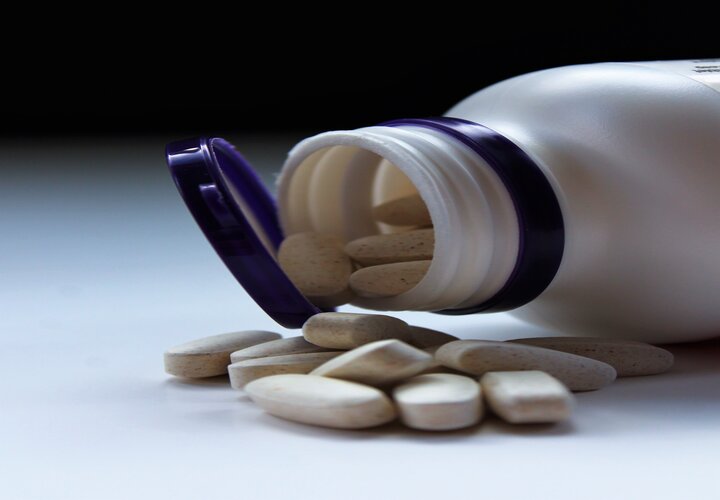When to Reach for the Bottle
Many of us are deficient in one or more vitamins or minerals and are unaware of how this can affect us. For example, you may have heard about the importance of vitamin D, also referred to as the ‘sunshine vitamin’. Not many foods are rich in vitamin D although some are fortified with vitamin D (dairy products, cereals).
Vitamin D not only helps us absorb and retain calcium. According to studies, it can help control infections and reduce inflammation, and it can also aid in weight loss. In fact, many studies revealed that overweight and obese people who followed a weight loss diet plan and added a vitamin D supplement lost more weight and more fat mass than those who only followed a weight loss plan. Note that your age can put you at risk for a vitamin deficiency. For example, your skin makes less vitamin D as you age.
Another important vitamin, B12, is absorbed less efficiently as we age. This vitamin is beneficial for memory and brain health, amongst other benefits. Not enough vitamin B12 can leave you weak and tired as it puts you at risk for a specific type of anemia. Some studies show that vitamin B12 can boost energy levels and speed up your metabolism. How much of an effect vitamin B12 has on weight is not yet fully understood; more studies are needed.
It is important to note that although it is best to get vitamins and minerals from the food we eat, this is not always possible. Certain medications as well as digestive disorders can affect your absorption of some vitamins and minerals so it is a good idea to discuss any concerns with your health care practitioner.
If you are concerned that you might have a vitamin deficiency, speak to your health care practitioner about getting tested. They can review your medical history to ensure if supplementation is right for you.

